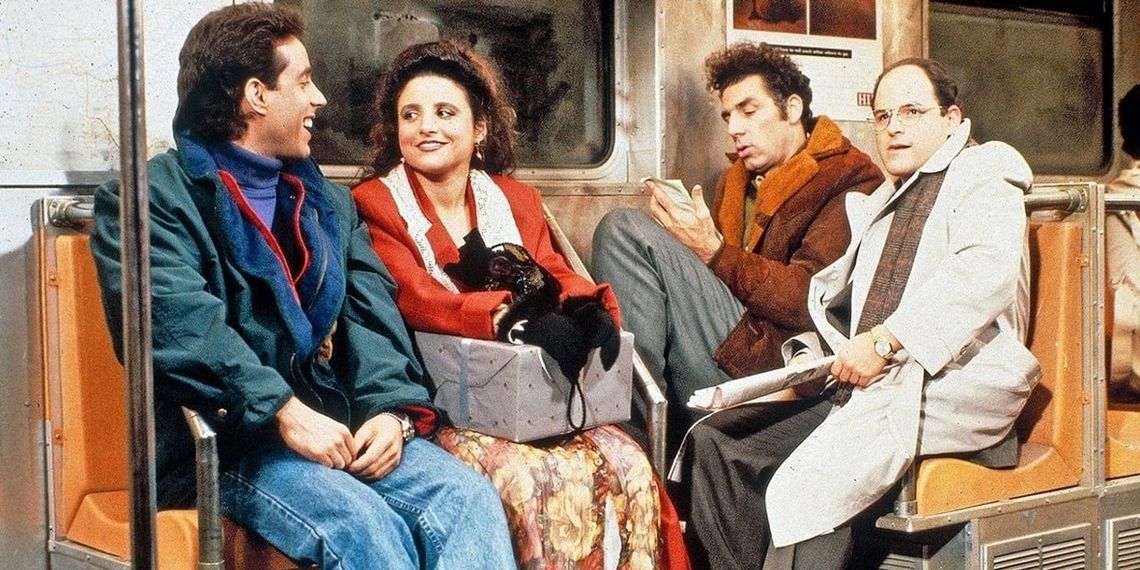„It Got Slaughtered.” Seinfeld Pilot Wasn't Promising, but NBC Believed in the TV Series and Put It Against a Beloved Sitcom Starring Tim Allen
Seinfeld did not have an easy start. The TV series promised to be a failure, and the “massacre” by the hit with Tim Allen didn't help here, although the creators didn't let go and continued to fight for the sitcom, which eventually succeeded.

Seinfeld had a really difficult start, reportedly one of the worst. The pilot episode was described as “weak,” the audience didn't like it, which was a cause for concern for NBC, which had invested in the project. And which apparently believed in it, because despite these signs they decided to give it a chance and create further episodes. Former NBC director Warren Littlefield talked about those events (via Fox News).
In the history of pilot reports, Seinfeld has got to be one of the worst of all time. I have it next to my desk; it says overall evaluation “weak.” The audience did not like the show and that scared us, but we did manage to find money to film four episodes to hold the show intact by making one less two-hour Bob Hope special, and it did ok. It was against repeat competition in the summer and then we just took a deep breath and ordered 13 more.
Not only that, at one point they even decided to put it against the much-loved Home Improvement with Tim Allen. This turned out not to be the best decision, as Seinfeld was “slaughtered” by the ABC TV series.
Larry David of course said, “I don’t have any more stories to tell, Jerry turn the order down,” and Jerry said, “No we’ll do 13 more episodes” and we put it up against Home Improvement and it got slaughtered, but we still really liked what they were doing. It made us laugh, so we stuck with it and ultimately that reward was enormous.
Despite the initial difficulties faced by Seinfeld, in the end the TV series was a huge success. The persistence of the creators and the faith of the station's executives helped this production flourish and grow for nine seasons. Seinfeld clearly needed time to spread its wings and show what it was capable of, because the initial poor reception of the production even changed dramatically over time and viewers appreciated the sitcom's humor.
More:“What? Why?” Vin Diesel instructed Steven Spielberg on how he should film Saving Private Ryan